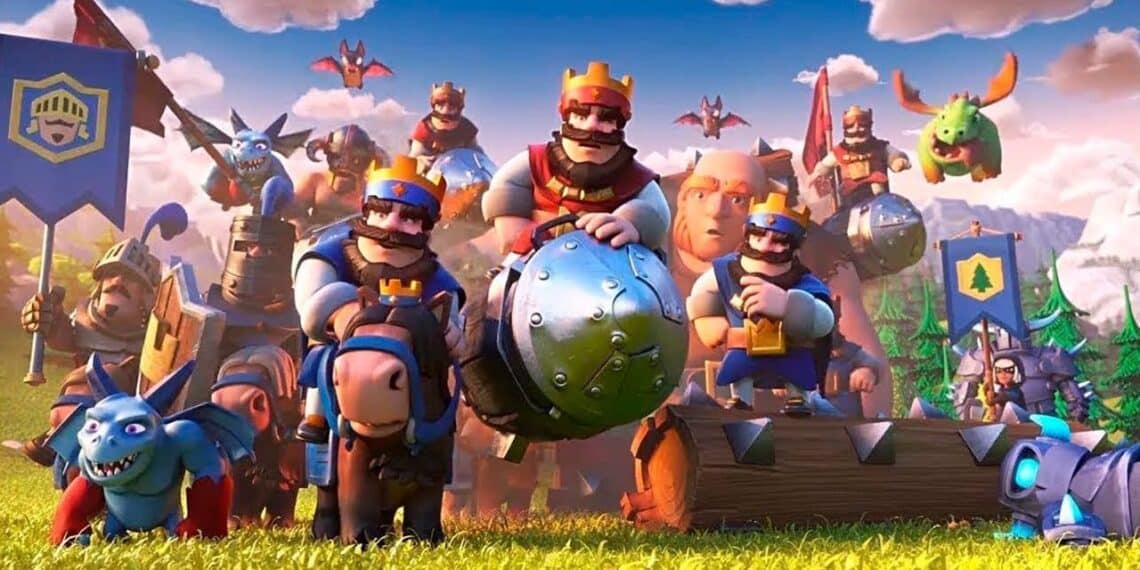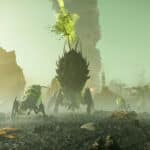A recent event in the widely beloved game, Clash Royale, has ignited a torrent of responses and spurred a lively discourse within the game’s community. The event in question is neatly encapsulated in a post titled ‘Bro was not happy about that one’, shared by a gamer going by the moniker, ‘CrazyBrawl’. The post, despite having no text content, has generated a flurry of comments reflecting a spectrum of sentiments.
Key Insights
- The choice of small spells over large ones represents a strategic aspect of Clash Royale.
- The thrill in player’s decision-making moments is a significant engagement driver.
- The sense of camaraderie in the community is tied directly to the discourse around ‘in-game’ events.
Moments of Levity
‘Lmao long live the princess‘, writes ‘fusiongt021’, hinting at an affectionate trope. Her comment is just one among many that seem to stir up a sense of shared amusement and camaraderie within the community.
Strategic Overtones
‘Why do people not use small spells‘, ponders ‘No-hamsterbackup’, highlighting the importance of tactical decision-making in Clash Royale. The choice of spells is a key component of the game, suggesting a layer of complexity that engages players tactically.
A Shared Experience
Commiseration and laughter are equally prevalent. ‘😂😂😂‘, posts ‘moad_550’, possibly indicating schadenfreude while ‘Yeethan-‘ observes the shared frustration in game decisions with his words, ‘I love how he selected the log then was like nah f this I’m done‘.
The Clash Royale experience is about far more than simply the thrill of victory or the agony of defeat. It’s about the shared moments in between – the laughter, the strategy, the shared memories and experiences within the community. These things bring to light the unique community and culture developing around Clash Royale, reflecting how significantly games now impact our social fabric.



